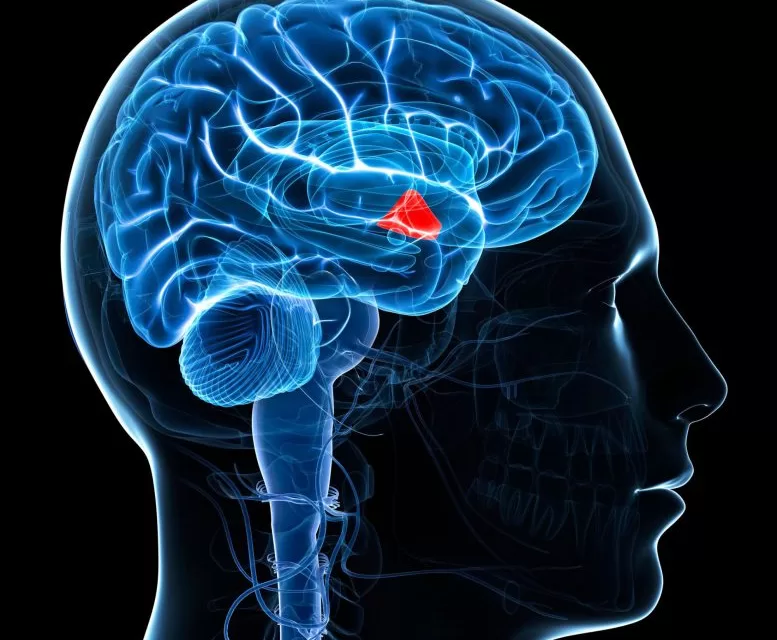Recent findings from the German Institute of Human Nutrition Potsdam-Rehbruecke (DIfE) and the German Center for Diabetes Research (DZD) have cast doubt on long-standing assumptions about the impact of high-fat diets on brain health. While it has been widely accepted that a diet high in fats contributes to obesity and metabolic disorders such as diabetes, the latest research suggests that sugar may play an even more significant role in affecting brain function.
The study, published in Scientific Reports, reveals surprising results from experiments with mice. While previous research had linked high-fat diets to changes in the brain’s hypothalamus—an area crucial for regulating hunger and energy balance—the researchers found that fat alone might not be the sole culprit. Their research challenges the idea that fat is the primary macronutrient responsible for disrupting energy homeostasis in the brain.
Understanding Brain Changes and Diet
The hypothalamus is responsible for managing food intake, and two key types of neurons—AgRP (Agouti-related peptide) and POMC (proopiomelanocortin)—play a pivotal role. AgRP neurons stimulate appetite, while POMC neurons inhibit it, creating a balance that helps regulate food consumption. Disruptions to this balance can lead to overeating and metabolic diseases.
Past studies showed that AgRP neuron activity decreased in mice fed a high-fat diet, leading researchers to assume that fat was the primary driver of these changes. However, the new study complicates this view, as the mice’s diet included both fats and other nutrients, like sugar, making it unclear whether fat alone was responsible.
Unexpected Findings
In an effort to isolate the effects of dietary fat, the researchers fed both male and female mice a high-fat, low-sugar diet for 48 hours. This experiment aimed to explore if the previously observed effects were directly linked to fat or whether other nutrients, such as sugar, played a more substantial role. Notably, the research included both male and female mice, a step that is often overlooked in similar studies, which have traditionally focused on male subjects.
Contrary to expectations, the researchers found no significant decrease in AgRP neuron connectivity in either male or female mice. This suggests that a high-fat diet alone was not responsible for the changes in the hypothalamus observed in earlier studies. The team now hypothesizes that other macronutrients, such as sugar, may have more profound effects on the brain’s energy regulation systems.
Future Directions
The findings open the door for further research into how different macronutrients influence brain function, particularly in relation to metabolic diseases. The team plans to conduct additional studies to explore how sugars and other components of the diet impact neuroanatomical and functional changes in the hypothalamus.
As the research continues, it could reshape our understanding of dietary impacts on brain health, potentially altering public health recommendations regarding the consumption of fats and sugars.
The full study, titled “Acute elevated dietary fat alone is not sufficient to decrease AgRP projections in the paraventricular nucleus of the hypothalamus in mice,” was published on August 29, 2024, in Scientific Reports.
Reference: Yagoub, S., Chesters, R. A., Ott, J., Zhu, J., Cantacorps, L., Ritter, K., & Lippert, R. N. (2024). Acute elevated dietary fat alone is not sufficient to decrease AgRP projections in the paraventricular nucleus of the hypothalamus in mice. Scientific Reports. DOI: 10.1038/s41598-024-70870-0.











